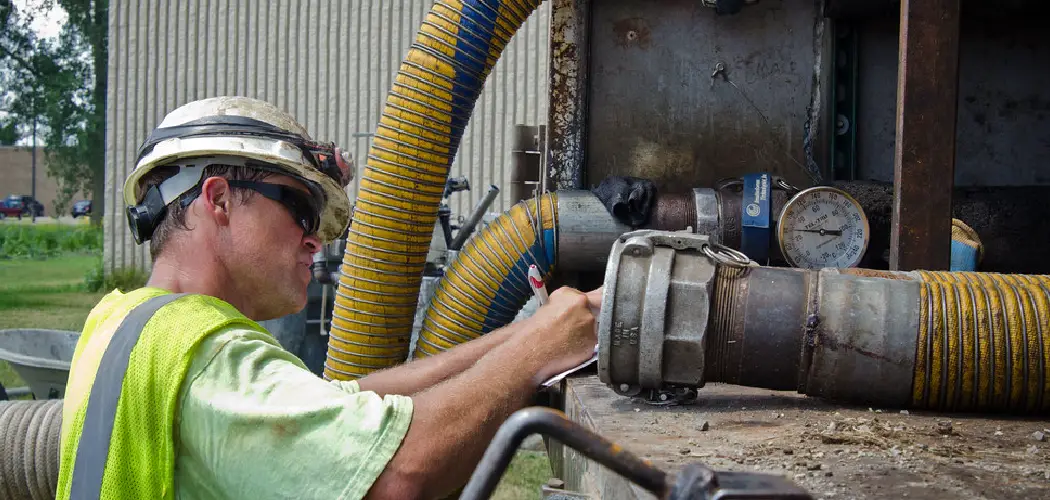A recreational vehicle or an RV is a great way to travel and explore the world around you. With it, you can go almost anywhere and be free to sleep, eat, and live on the go. RVs typically come with various systems to ensure that you have all the comforts of home while traveling.
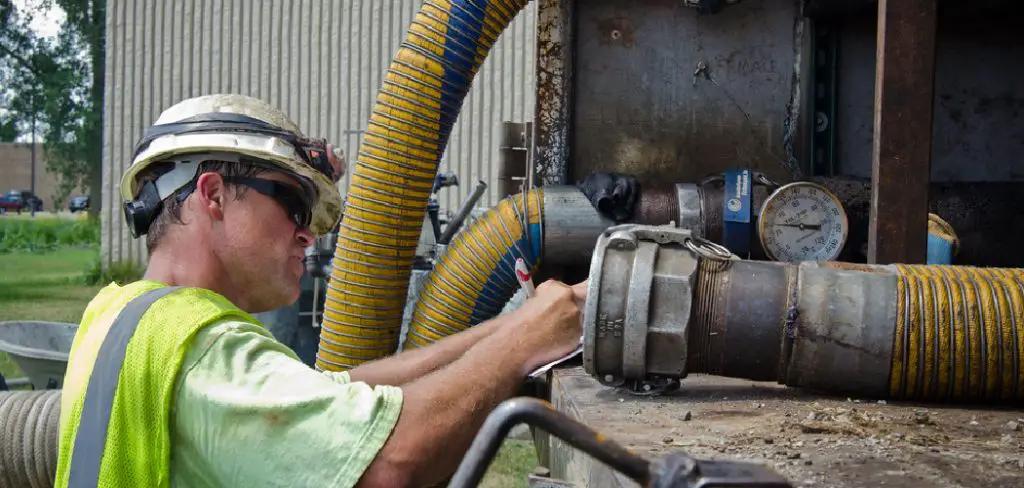
One of the most important systems is the sewer hose, that allows you to dispose of waste easily. However, maintaining and cleaning the sewage system can be extremely challenging for beginners. So, if you are looking for an effective way to keep your RV clean and free of hassle, this post is for you. Here are some tips on how to clean RV sewer hose:
Why Is It Important to Clean Your RV Sewer Hose?
Maintaining your RV is crucial to ensure a smooth and comfortable trip on the road. While regular vehicle cleaning and maintenance are important, people often neglect cleaning their RV sewer hose. This can result in unpleasant odors and even hazardous health conditions due to the accumulation of harmful bacteria.
A dirty sewer hose can also cause blockages and backups, leading to costly repairs and inconvenience. Therefore, it’s essential to regularly clean your RV sewer hose to prevent any potential problems that can cut your trip short. By doing so, you’ll not only ensure a more comfortable and hygienic environment but also prolong the lifespan of your RV.
How Often Should You Clean Your RV Sewer Hose?
When you’re enjoying the freedom of life on the open road, it can be easy to overlook the less glamorous details of RV ownership. But as any experienced RV camper knows, proper maintenance is key to the longevity and functionality of your vehicle. One important but often overlooked aspect of RV care is the cleanliness of your sewer hose.
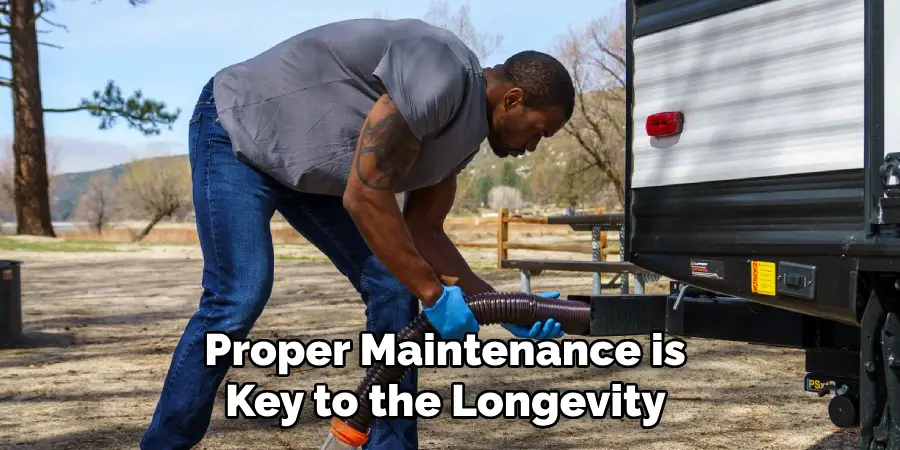
It’s not a glamorous topic, but keeping your sewer hose in good working order is critical. So how often should you clean it? That depends on a few factors, such as how often you use it and where you’re parked. In general, a good rule of thumb is to clean your sewer hose after each use. With a little bit of diligence and care, you can help ensure a smooth and hygienic experience every time you hit the road.
What Are the Different Ways to Clean an RV Sewer Hose?
There are several ways you can clean your RV sewer hose, depending on your personal preference and the tools you have at your disposal. Here are a few methods that you can try:
1. Traditional Method
The most common way to clean an RV sewer hose is by using a garden hose. Connect one end of the garden hose to a water source and then use it to flush out any remaining waste or debris inside the hose.
2. Bleach Solution Method
Another effective method is using a bleach solution to disinfect and deodorize your sewer hose. Simply mix one cup of bleach with a gallon of water, pour it into the hose, let it sit for about 15 minutes, and then rinse thoroughly.
3. Dedicated Hose Cleaning Products
There are also dedicated cleaning products specifically designed for RV sewer hoses that you can purchase. These usually come in a powder form that is mixed with water and then poured into the hose.
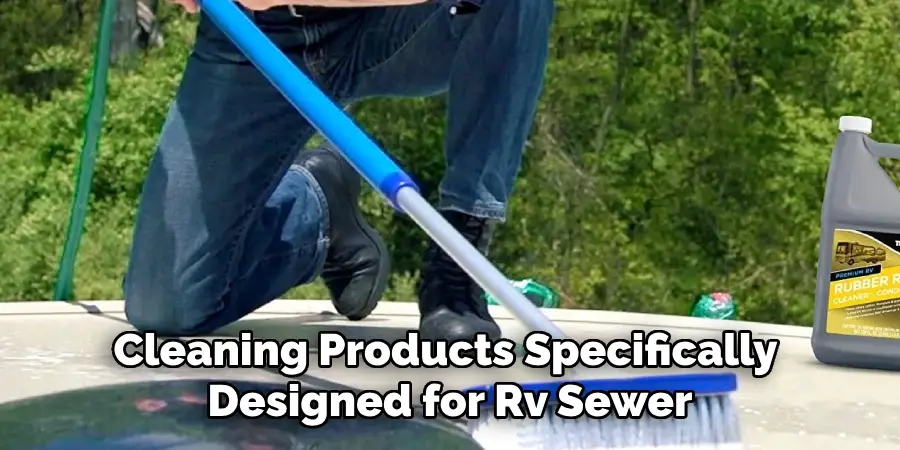
4. Ice Method
This method involves filling your sewer hose with ice, sealing both ends and then shaking it vigorously to remove any remaining debris or buildup inside the hose.
Keeping Your RV Clean and Free of Hassle: Tips on How to Clean RV Sewer Hose
1. Choose the Right Equipment
Cleaning an RV sewer hose might seem simple, but it can be frustrating and time-consuming if you don’t have the right equipment. Before cleaning your hose, ensure you have the necessary tools and supplies. You will need warm water, a cleaning agent, a hose brush, gloves, and a container for the waste materials. Investing in high-quality, durable equipment that can withstand the harsh environment is best.
2. Properly Rinse the Hose
The first step in cleaning your RV sewer hose is to properly rinse the whole hose from end to end. Unhook the hose from the RV drain valve and hose adapter. Rinse the hose outside with fresh water. Use a hose brush to clean the hose from both ends. Scrub the inner tube and the outside until the water runs clear, and it smells fresh. You can also add some baking soda to the warm water used to run through the hose for extra cleaning power.
3. Use a Cleaning Agent
After rinsing the hose, it is time to run a cleaning agent through it. This will help eliminate any stubborn stains, odors, or bacteria that might have formed inside the hose. Many cleaning agents are available in the market, but you should choose one specifically designed for cleaning RV sewer hoses. Follow the instructions on the label, mix the solution, and pour it into the RV sewer hose. Let it sit for the recommended time, and then rinse the hose thoroughly.
4. Dry the Hose
After rinsing the hose, it is important to dry it to prevent mold and bacteria growth. Shake out any excess water and hang the hose in a well-ventilated area until it is completely dry. Do not leave the hose in direct sunlight, which may damage the material. Once it is dry, store the hose in a dry and clean place, away from any potential damage or contamination.
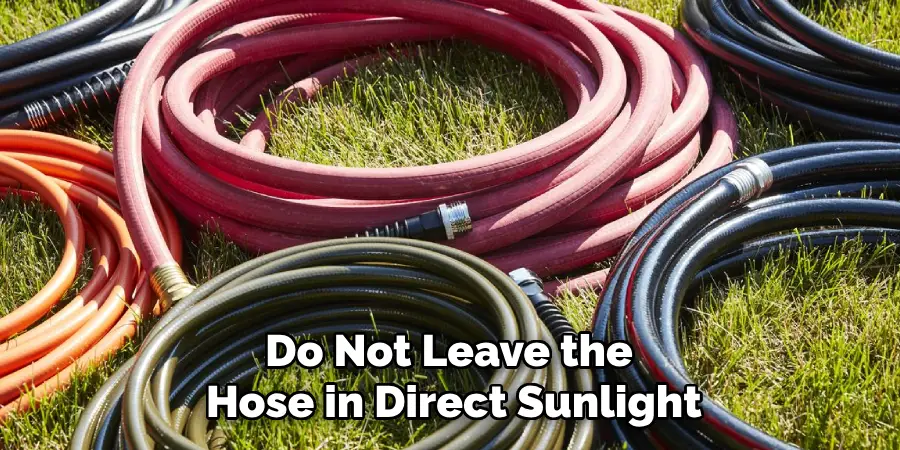
5. Practice Regular Maintenance
Proper maintenance is key to keeping your RV sewer hose in great condition. It is important to clean the hose regularly, particularly after every use. Always remember to wear gloves and take necessary precautions while cleaning. Check for any cracks or leaks on the hose before and after each use. A small leak can turn into a major problem if not addressed promptly.
6. Use Dedicated Hoses for Different Purposes
It is best to have separate hoses for different purposes, such as one for the black water tank and another for the gray water tank. This reduces cross-contamination and makes cleaning easier. Labeling your hoses can also help avoid confusion and potential accidents while hooking them up.
7. Replace Your Hose When Needed
No matter how well you care for your RV sewer hose, it will eventually need to be replaced. If you notice any cracks or damage on the hose, it is time to replace it with a new one. It is recommended to replace your hose every 3-5 years, depending on usage and maintenance.
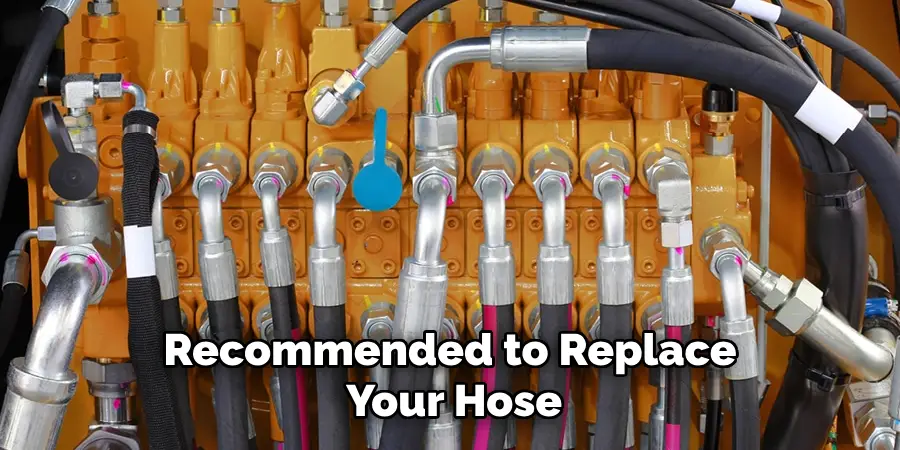
5 Benefits of Clean RV Sewer Hose
1. Improved Sanitation
Having a clean RV sewer hose is essential for maintaining proper sanitation in your RV. A dirty sewer hose can breed bacteria, leading to unpleasant odors and health risks. Keeping your sewer hose clean will help to ensure that it is free from contaminants and that any wastewater is properly disposed of.
2. Reduced Clogs
A clean RV sewer hose will help to reduce the risk of clogs forming in the hose or in the plumbing system. Clogs can cause wastewater to back up into your RV, leading to unpleasant odors and potential damage to your vehicle’s interior. Cleaning your sewer hose regularly will help to ensure that clogs are not an issue.
3. Longer Lifespan
Keeping your RV sewer hose clean will also help it to last longer. As dirt and debris accumulate in the hose, they can cause wear and tear on the material, leading to cracks or other damage over time. Cleaning the hose regularly will help it stay in good condition for much longer.
4. Easier Maintenance
Cleaning your RV sewer hose regularly makes all other maintenance tasks much easier. When you have a dirty hose, it’s harder to access fittings or check for leaks, as you have to work around all of the debris and grime inside of it. Having a clean RV sewer hose makes all maintenance tasks much simpler and quicker.
5. Improved Performance
Finally, having a clean RV sewer hose ensures it performs optimally at all times. Dirt or debris inside the hose can impede water flow or cause blockages in certain areas, leading to poor performance overall. Keeping your RV sewer hose clean will ensure that you get optimal performance out of it at all times.
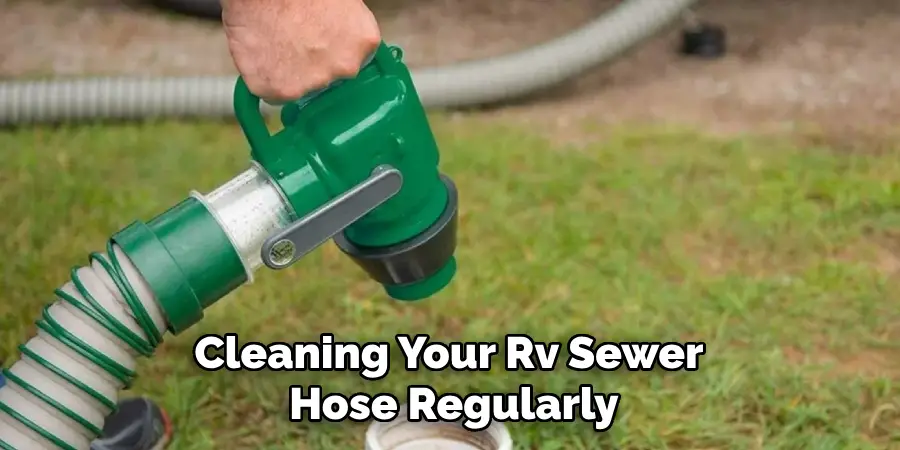
3 Common Mistakes People Make When Trying to Clean RV Sewer Hose
1. Not Cleaning the Sewer Hose Regularly
One of the most common mistakes people make when cleaning an RV sewer hose is not doing it regularly. It’s important to clean the hose at least once a month to prevent any build-up of debris and waste from accumulating. This is especially true if you are using your RV in areas with a lot of dust or dirt, as these particles can easily get into the hose and cause clogs. Additionally, be sure to always use a biodegradable cleaner when cleaning the hose, as this will help break down any waste that may be stuck inside.
2. Not Checking for Leaks
Another mistake people often make when cleaning an RV sewer hose is not checking for leaks. If there are any leaks in the hose, then all the cleaning efforts will be for nothing, as any waste that enters through the leak will just end up back inside the RV! To check for leaks, simply fill up a bucket with water and submerge one end of the hose in it while keeping an eye out for any bubbles coming out of its other end. If you do spot any bubbles, then replace your hose immediately!
3. Not Using Proper Tools
Finally, another common mistake people make when cleaning an RV sewer hose is not using proper tools. It’s important to use tools specifically designed for cleaning hoses to get into all those hard-to-reach places and remove any debris or waste that may have accumulated over time.
A good tool kit should include a brush, a vacuum cleaner attachment, and some kind of degreaser or cleaner specifically designed for hoses. With these tools in hand, you’ll be able to get your RV’s sewer system running smoothly again in no time!
Conclusion
In conclusion, cleaning your RV sewer hose is an essential task that should not be neglected. With the right equipment and proper technique, you can keep it in great condition and prevent any hassles or issues down the road.
Following these simple tips on how to clean your RV sewer hose will not only help prolong its lifespan but also ensure that your living environment is safe and healthy. So, happy travels, and don’t forget to clean your sewer hose regularly. Thanks for reading our post about how to clean rv sewer hose.

